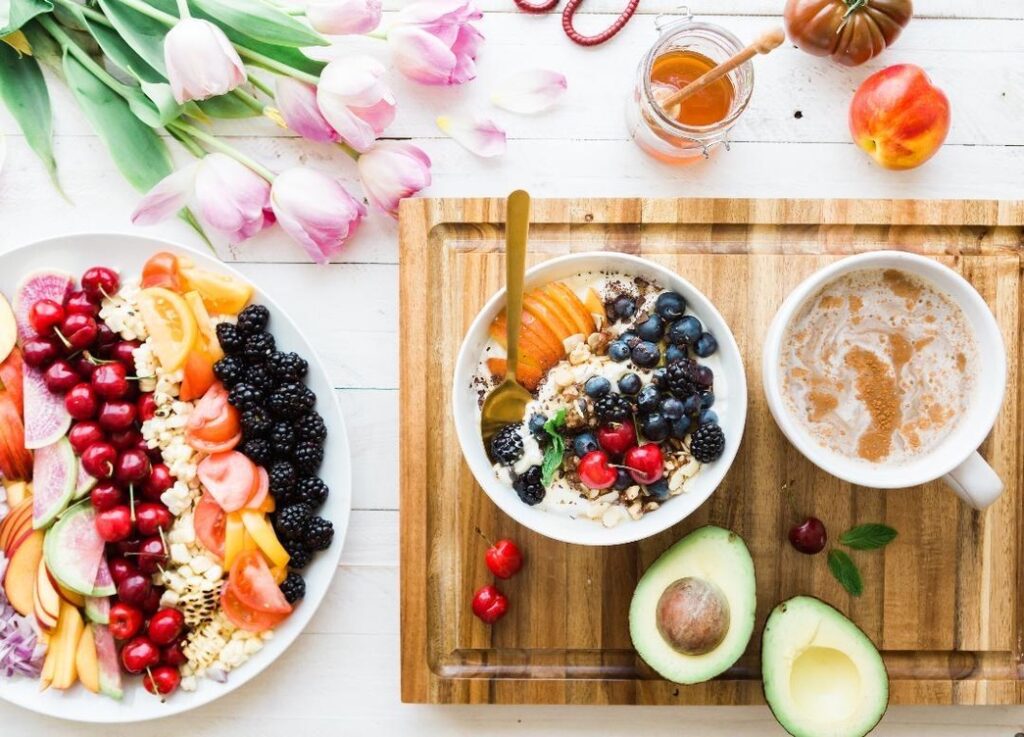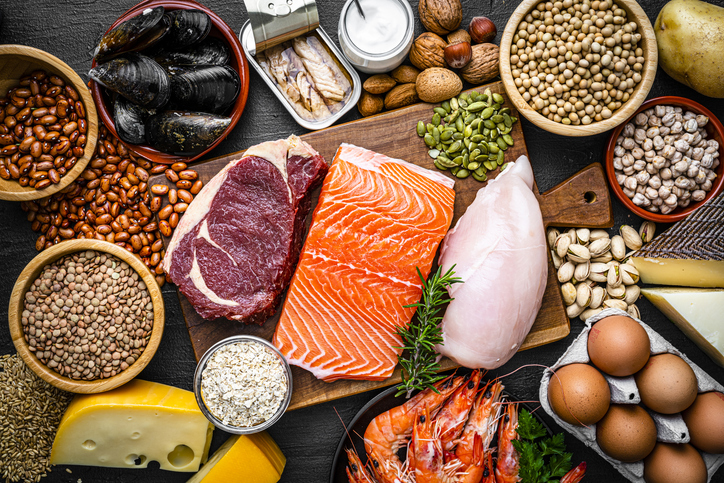Whether you’re vegan, lactose-intolerant or just looking to reduce your dairy consumption, there are many milk alternatives on the market these days. Milk alternatives can offer good nutrition profiles and your local grocery store should carry a variety of non-dairy substitutes for milk. Here are the facts on the most common non-dairy substitutes for milk to help you choose which one is best for you.
Almond Milk
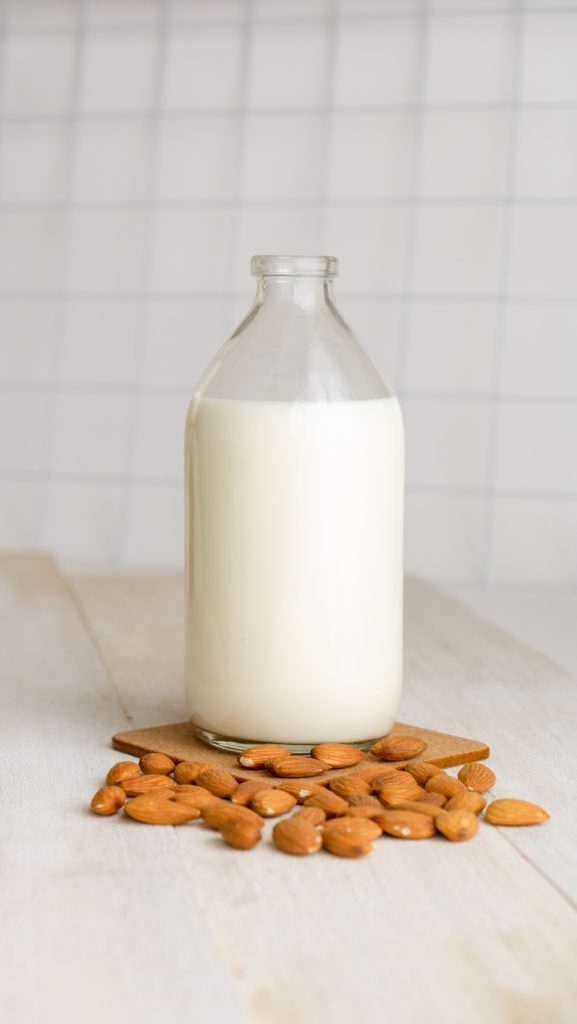
Almond milk is one of my favourite non-dairy milk alternatives! It is low in calories, but unfortunately also low in protein. This nut milk is made from water and ground almonds and is creamier than some of the other alternative beverages because it is made from healthy, unsaturated fats. I love using almond milk in smoothies and in coffee. Elmhurst is one of my favourite brands and they have great coffee creamers.
Coconut Milk
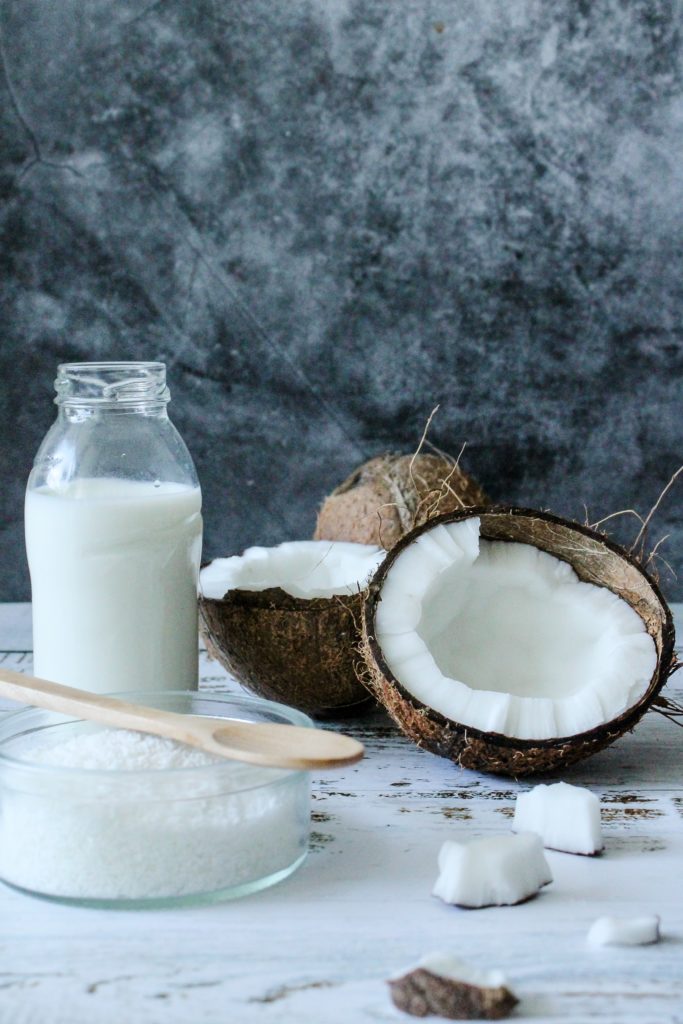
Coconut milk is another great non-dairy alternative to cow’s milk, but you have to be mindful of your saturated fat consumption here. Coconut milk contains almost as much saturated fat as whole cow’s milk and it is creamy and sweet. Again, this beverage is low in protein compared to other non-dairy alternatives, but a great choice for coffee and smoothies!
Cashew Milk
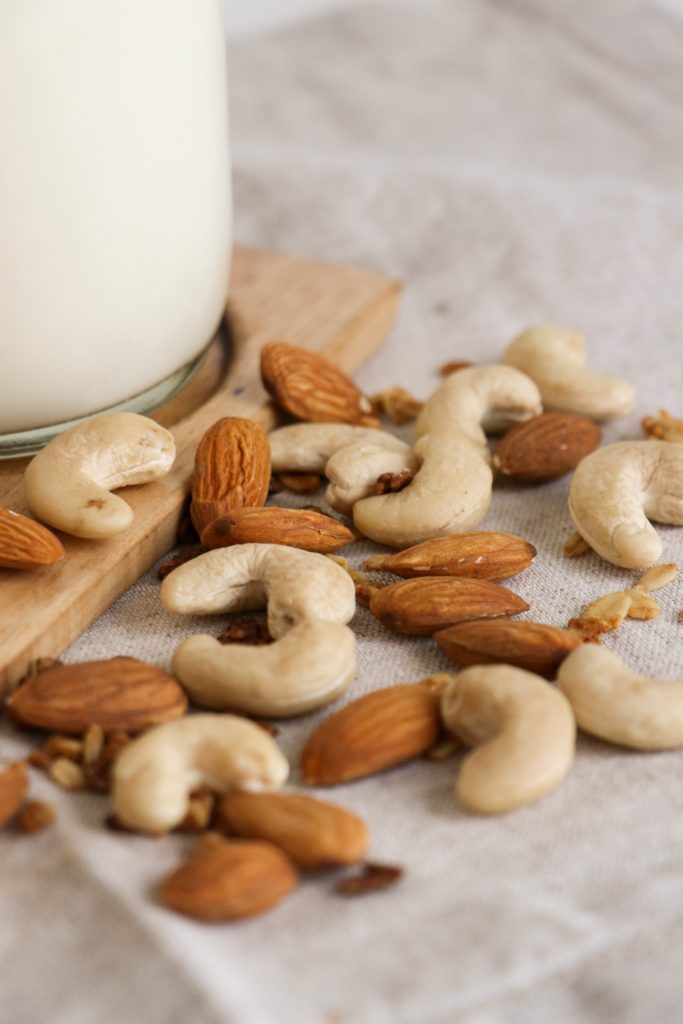
Cashew milk is made from blending cashews with water. This newer dairy alternative is often fortified with vitamins and minerals, but low in protein. Cashew milk is another good option for smoothies and is sometimes used in cooking and baking as well.
Soy Milk
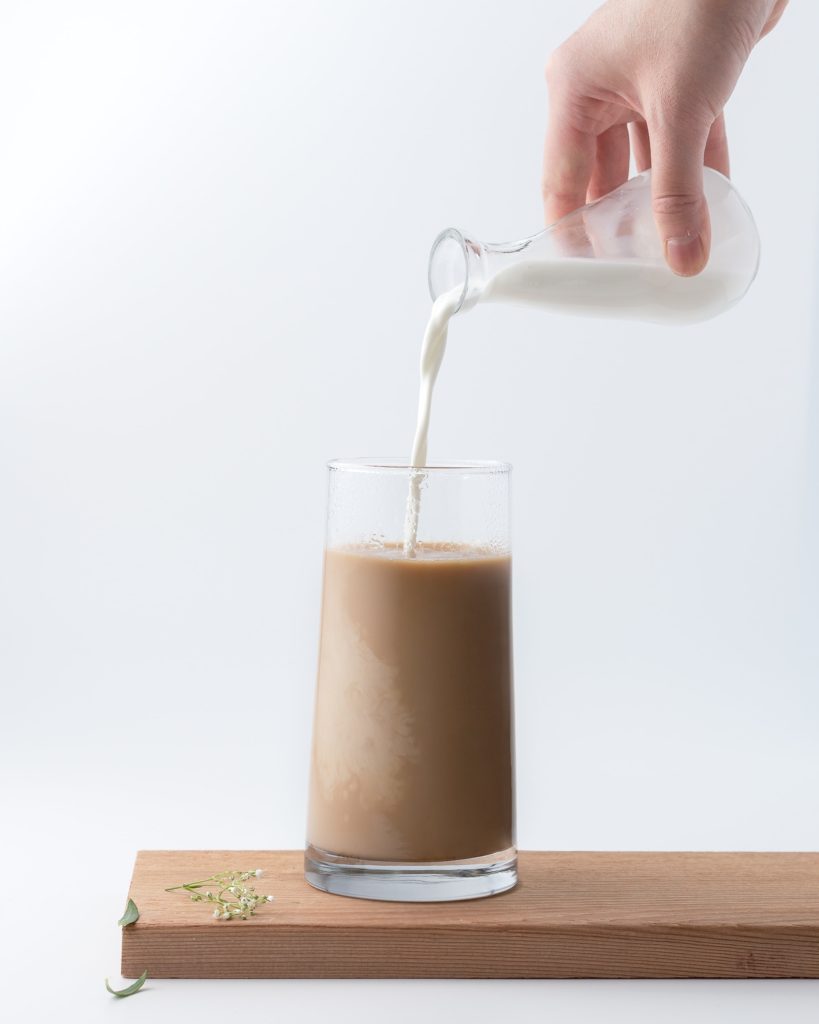
Soy milk has been a popular non-dairy substitute for years because its nutrient profile resembles cow’s milk. Soy milk is the highest in protein of all the non-dairy alternatives with about 7 grams of protein per cup. You can get soy milk in a variety of flavours, but check the nutrition label for added sugar in the flavoured ones like vanilla. Be sure to check that your soy milk is organic and non-GMO.
Oat Milk
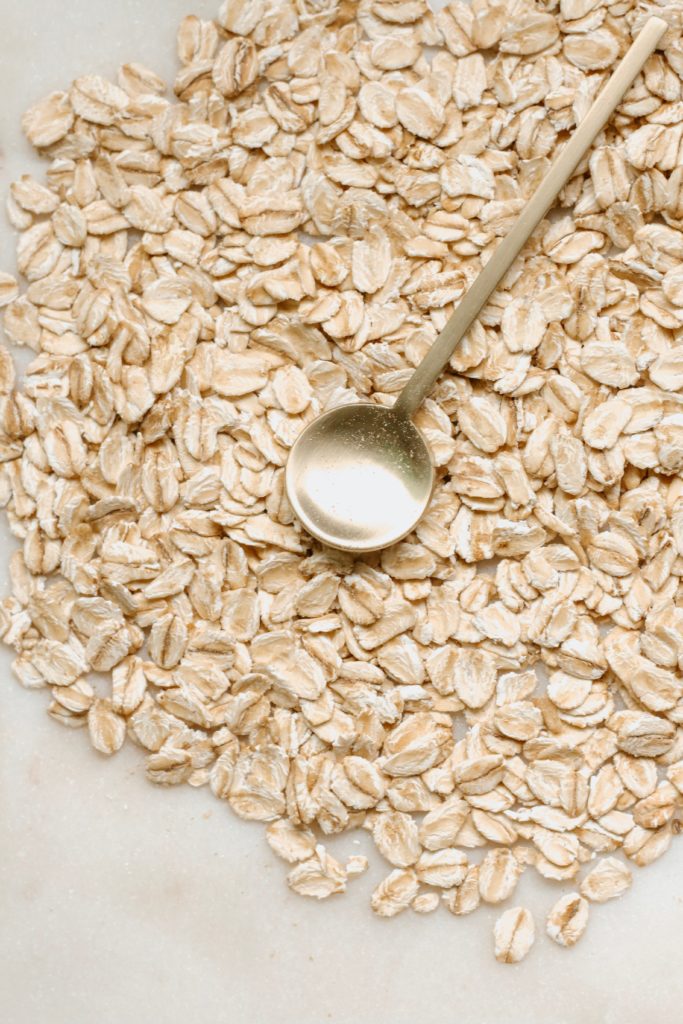
Oat milk is made from whole grain oats in a process using water to extract the plant material. Oat milk has a creamy texture and has a higher caloric and carbohydrate profile than many of the other milks mentioned above. Look at the nutritional label to make sure there is no added sugar as oat milk is naturally higher in sugar. Oat milk is best used in smaller quantities like in coffee rather than a full cup in a smoothie. If you are staying away from gluten, check the label to make sure this beverage is gluten-free.
Some of my favourite brands for plant-based non-dairy alternatives to look out for are…
Almond Milk Protein Smoothie
Recipe makes 1 serving
Ingredients:
- 1 cup unsweetened almond milk
- 1 scoop vanilla protein powder (or collagen)
- 1/2 banana (sliced, frozen)
- 1 tbsp natural peanut butter (or another nut/seed butter)
- 1/4 cup spinach (frozen or fresh)
- Ice cubes
Directions: Add all ingredients to a blender and blend until smooth. Pour into a glass and enjoy!
Like what you’ve read? Check out some natural ways to support digestion here.



